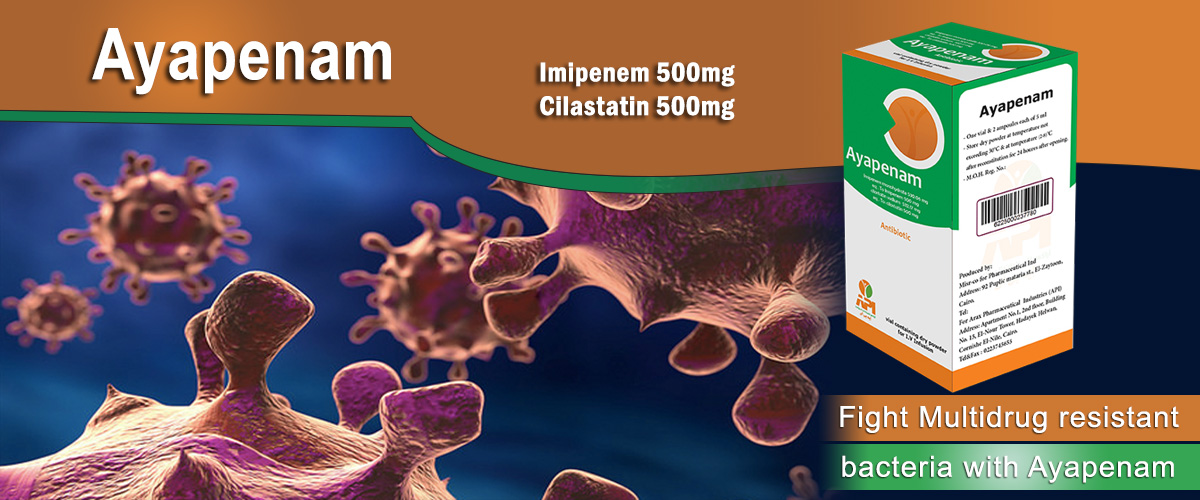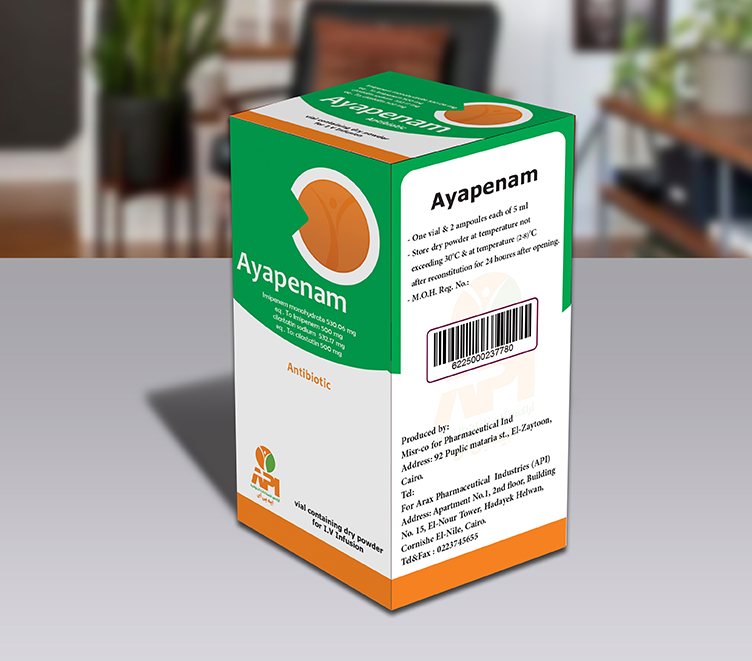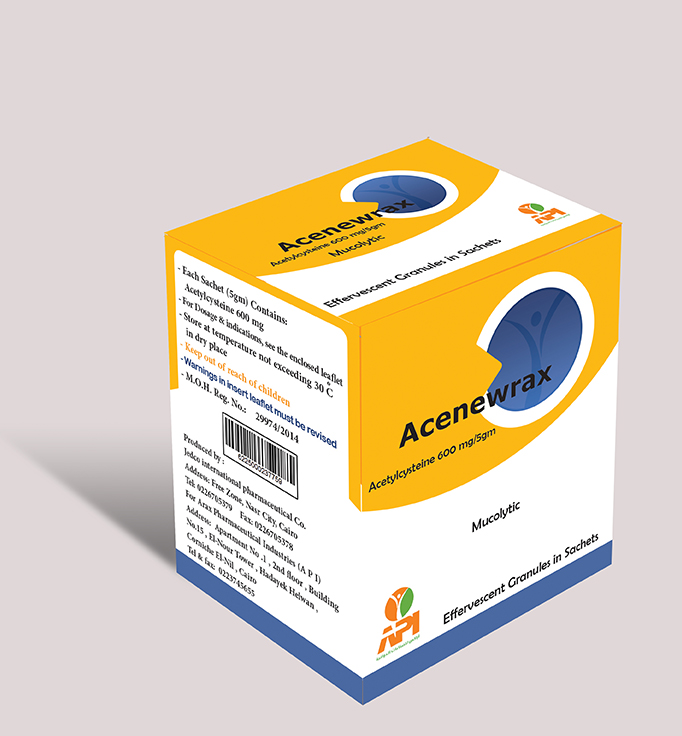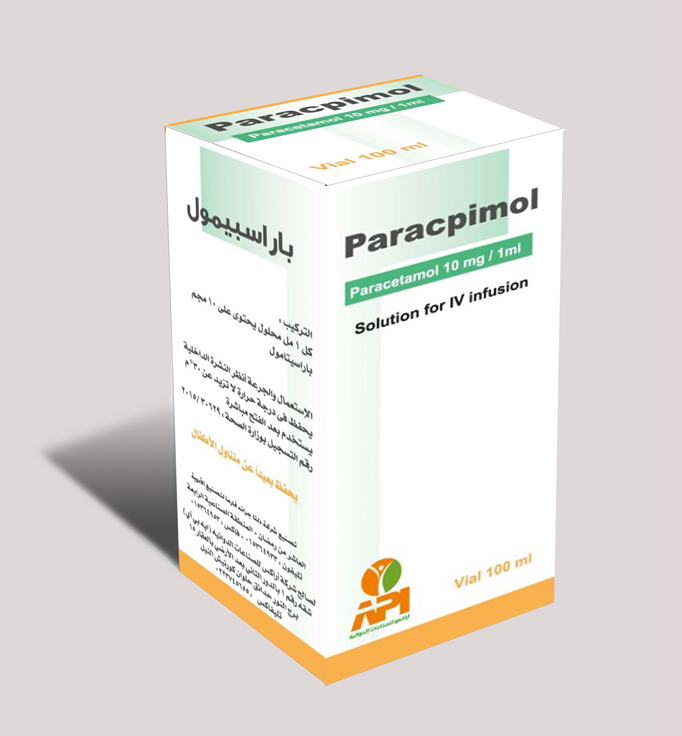Description
Mechanism of action:
- Bactericidal effect cause rapid bacterial cell death by covalently binding to penicillin-binding proteins (PBPs) involved in the biosynthesis of mucopeptides in bacterial cell walls.
- Bactericidal effects result through inhibition of cellular growth and division and the loss of cell wall integrity,eventually causing cell wall lysis.
Indication of Ayapenam:
- Lower respiratory tract infections
- Urinary tract infections.
- Intra-abdominal infections.
- Gynaecologic infections.
- Bacterial septicaemia.
- Bone and joint infections.
- Skin and skin structure infections.
- Endocarditis.
- Prevention of post-operative infection.
Imipenem vs Meropenem:
- 1.5 g/day of imipenem/cilastatin is shown to be effective to 3g/day meropenem in clinical and bacteriological outcome, as well as in incidence of side effects.
- Treatment of intra-abdominal infections with imipenem/cilastatin is shown to be more effective & less costy than meropenem.
- Incidence of meropenem resistance higher than that of imipenem/cilastatin across clinically significant nosocomial pathogen.
- Over all imipenem/cilastatin showed better activity than meropenem in pseudomonas spp, acinetobacter spp, e-coli& klebsiella spp.
- Imipenem/cilastatin is the antibiotic of choice for preventing infections of pancreatic necrosis.





